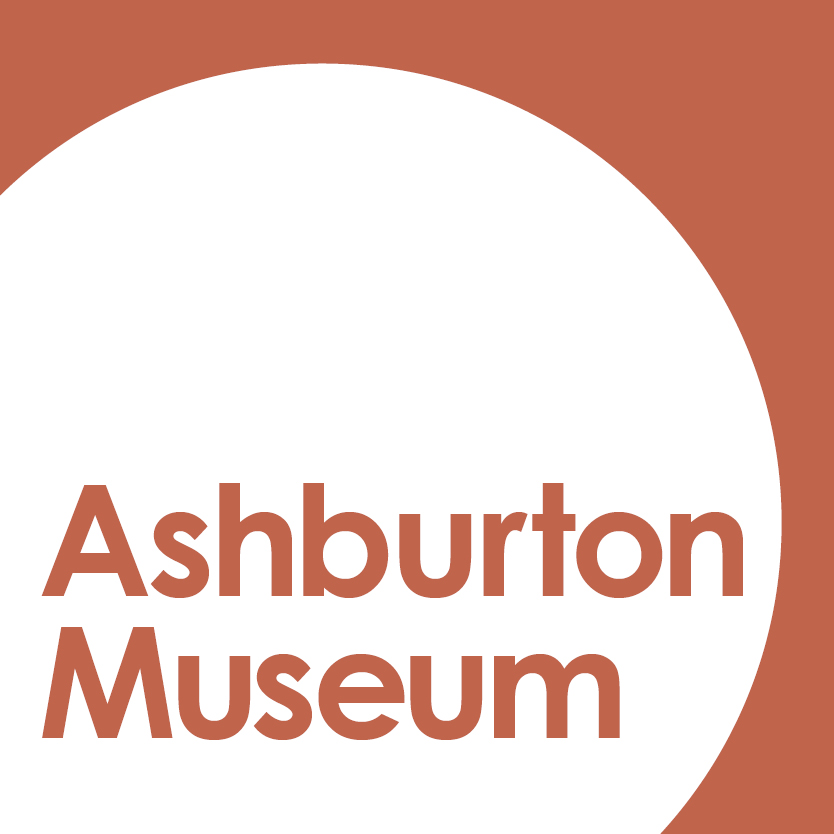Following a large-scale redistribution of electorates in 1881, the electoral districts of Ashburton and Wakanui were created, alongside 33 others across the country. During that election year, the Ashburton seat went comfortably to Mr. E. G. Wright, who was a supporter of Sir John Hall’s Government, but the appointment of a representative to the Wakanui seat was slightly more problematic.
Mr. John Cathcart Wason, the founder of Barrhill, won the Wakanui seat, defeating opponents Joseph Ivess and Charles Purnell, but very soon after this victory the election result was declared void. Joseph Ivess, the owner of the Ashburton Mail newspaper, submitted a petition to the Chief Justice on the matter. The House of Representatives met on 19 May 1882 and concluded that the Wakanui results were void, under no exceptional circumstances, necessitating a by-election.

On 10 June 1882, the nomination of candidates for the Wakanui electorate took place at the Ashburton County Saleyards offices. Despite the appointment of an officer to manage the meeting, Mr. George Jameson, the Guardian’s report on the gathering gives the impression that the whole affair teetered on the brink of becoming a raucous, mud-slinging ordeal.
Outspoken and bashful
According to the Guardian, the meeting got off to a very slow start; after Mr. Jameson commenced the proceedings, intimating that he was prepared to receive nominations, “an ominous silence ensued.” The report states:
“Five minutes or so having elapsed someone in the crowd suggested a song. This created a laugh, but nothing was done for some minutes, when Mr. A. E. Ingram got up and proposed Mr. Saunders as a fit and proper person to represent the constituency of Wakanui.”
Ultimately, only two candidates were deemed likely to take the seat: it was between Alfred Saunders, an experienced yet troubled politician, and Joseph Ivess, the very person responsible for nullifying the original election result following his defeat.
When Mr. Joseph Megson, a supporter of Saunders spoke out against the Ashburton Mail, calling it “that great liar of Ashburton”, a loud uproar and cries of “No, no!” rose at the back of the room, alongside calls for him to apologise and “speak in proper language.” Megson argued strongly for Saunders’ nomination, citing his previous political experience while highlighting Joseph Ivess’ lack thereof, to moderate applause from the crowd.

Alfred Saunders, former Ashburton County Councillor, businessman, and politician. (Photo reference 04.1994.0214.1.)
After Megson’s appeal, the following amusing incident occurred: “Mr. P. Maguire at this stage for up and said that he had had an idea of coming forward himself as a candidate for Wakanui, and would do so if he could get anybody to nominate him. Mr. John Laurie said he would propose Mr. Maguire.”
“[Mr. Laurie here held a whispered consultation with Mr. Maguire, then, walking up to the Returning Officer, said: ‘The gentleman says he won’t stand now.’] (Uproarious laughter, which shook the building.)”
Head-to-head
Joseph Ivess and Alfred Saunders then spoke, the former claiming that he would do his best to represent the whole constituency of Wakanui, also stating that he would not indulge in vituperation (using bitter or abusive language), a comment that drew an uproar from the crowd. Saunders, before stating his personal merits, commented that he was aware that “some gentlemen had been paid to do clapping and groaning.” He acknowledged that this service was a valuable one, but “he trusted that it was not too highly remunerated,” prompting laughter and applause from the crowd.
Drawing on an anecdote from his past, when he witnessed a fight in Australia during which one man threw stones at the other, Saunders labelled Ivess’ campaign speeches and articles published in the Mail as being “very dirty stones” having been thrown by a “young man calling himself a gentleman” who was not ashamed to “take refuge behind his paper, [throwing] stones from that hiding place.” Regarding one black mark on his record, that he had been an inmate of Nelson gaol, he remarked that he indeed had been, and that “he had enjoyed himself very much indeed.”
After some unknown exchange of remarks, which the Guardian chose to omit “in consequence of the length of the proceedings,” a final vote was called to decide the most worthy electoral candidate. Ultimately, a show of hands gave the election victory to Joseph Ivess, with 26 votes to 14.
From the Museum Collection (Object reference 01.1976.0062.)

Alfred Saunders and Joseph Ivess had very little in common, except for one thing: their moustaches. Moustaches flourished during the Victorian and Edwardian eras, but they posed a problem when it came to drinking hot liquids. Hot tea or coffee would often melt the wax men applied to their moustaches, or stain them.
In the 1870s, British potter Harvey Adams invented the moustache cup. This example from around 1880 is of white china decorated with pink rose buds, a scalloped edge, and a semi-circular moustache cover.
By Connor Lysaght
Unless otherwise stated, photographs and research materials on this page are owned by the Ashburton Museum & Historical Society Inc. This post was modified for this blog and was originally published in the Ashburton Guardian, 29 July 2023.

Leave a comment